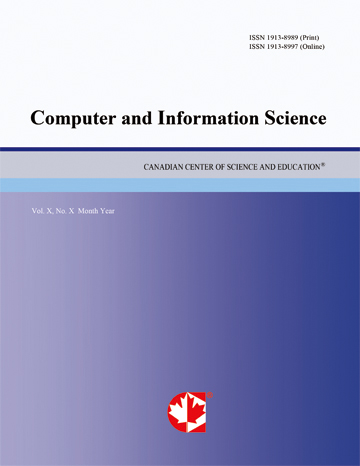Model Checking of WebRTC Peer to Peer System
- Asma El HAMZAOUI
- Hicham BENSAID
- Abdeslam EN-NOUAARY
Abstract
The establishment of the multimedia session is crucial in the WebRTC architecture before media and data transmission. The preliminary bi-directional flow provides the network with all the information needed in order to control and manage the communication between end-users. This control includes the setup, management, and teardown of a session and the definition, and the modification of multiple features that will be enabled in the ongoing session. This is performed by a mechanism named Signaling. In this work, we will use the formal verification to increase confidence in our SDL model by checking the consistency and reliability of the WebRTC Peer to Peer system. The verification and validation are proved the most efficient tools to avoid errors and defects in the concurrent system designs. Indeed, by using model-checking techniques we will verify if the WebRTC system adheres to standards if it performs the selected functions in the correct manner. To achieve that, we will first translate the SDL model to an intermediate format IF that will be retranslated to a Promela Model. Second, using the SPIN model checker, we will verify the general correctness of the model before checking if the desired properties are satisfied using the Linear Temporal Logic (LTL).
- Full Text:
 PDF
PDF
- DOI:10.5539/cis.v12n4p56
Journal Metrics
WJCI (2022): 0.636
Impact Factor 2022 (by WJCI): 0.419
h-index (January 2024): 43
i10-index (January 2024): 193
h5-index (January 2024): N/A
h5-median(January 2024): N/A
( The data was calculated based on Google Scholar Citations. Click Here to Learn More. )
Index
- Academic Journals Database
- BASE (Bielefeld Academic Search Engine)
- CiteFactor
- CNKI Scholar
- COPAC
- CrossRef
- DBLP (2008-2019)
- EBSCOhost
- EuroPub Database
- Excellence in Research for Australia (ERA)
- Genamics JournalSeek
- Google Scholar
- Harvard Library
- Infotrieve
- LOCKSS
- Mendeley
- PKP Open Archives Harvester
- Publons
- ResearchGate
- Scilit
- SHERPA/RoMEO
- Standard Periodical Directory
- The Index of Information Systems Journals
- The Keepers Registry
- UCR Library
- Universe Digital Library
- WJCI Report
- WorldCat
Contact
- Chris LeeEditorial Assistant
- cis@ccsenet.org
